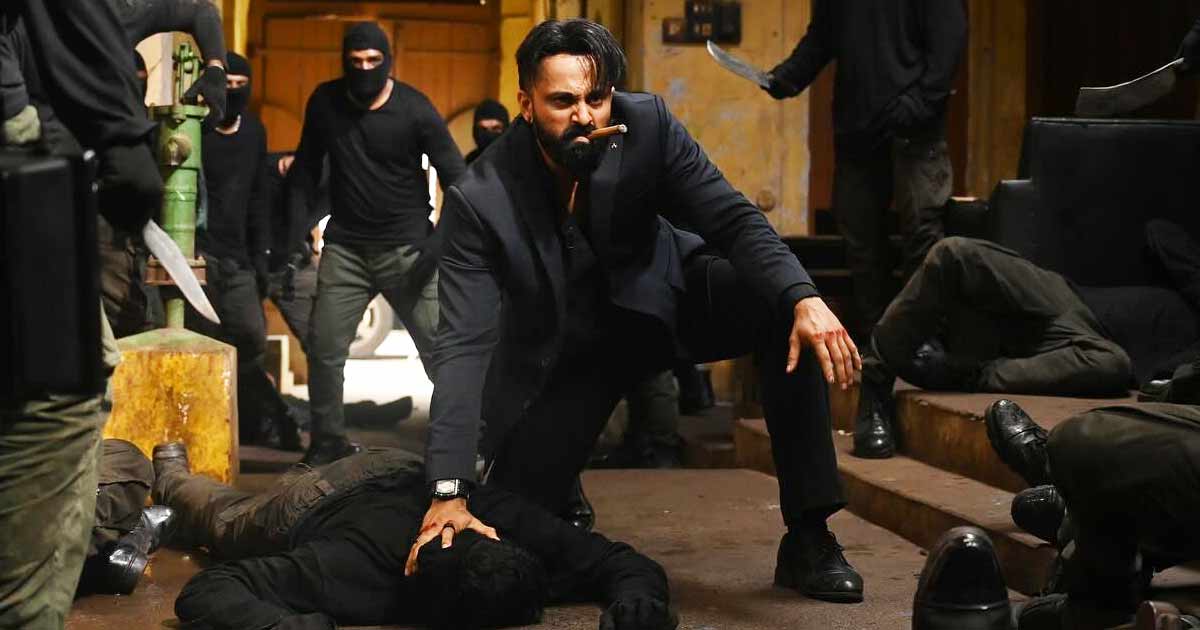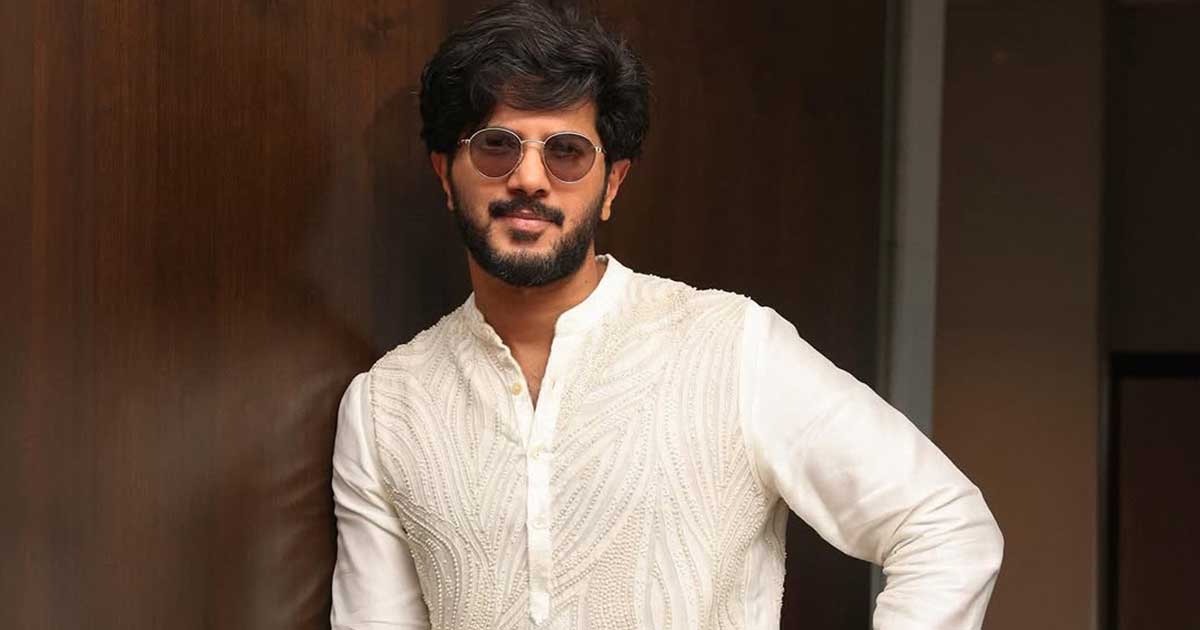
Even before its theatrical release, Marco was heavily promoted by its makers for its depiction of violence while simultaneously facing criticism from various quarters for its violent content. Calls for a ban on the film have been ongoing, with questions raised about how the Central Board of Film Certification (CBFC) granted it an adults-only certificate and allowed its release.
Adding to the controversy, incidents of violence involving youngsters against family members, friends, and rivals have been alleged to take inspiration from films like Marco and Kill. The opposition party, sections of the general public, and even the government itself have attributed this surge in youth violence to the influence of such films. Even Kerala Chief Minister Pinarayi Vijayan, citing a report from the Kerala Police in the state assembly, suggested that the comedy-action film Aavesham had inspired youngsters to associate with real-life gangsters.
Given the backlash and the prevailing belief, held by almost everyone except the film fraternity, that films are responsible for promoting violence, it was no surprise that Nadeem Thufali T, the Regional Officer of the Central Board of Film Certification (CBFC), officially wrote a letter to the organization’s chairperson, requesting the removal of the film from OTT platforms where it had already been released.
Trending
According to Onmanorama, the CBFC has already banned Marco from being broadcast on satellite television due to its explicit violence. The film already holds an “A” rating, and parents are advised to take precautions to prevent children from being exposed to such content.
However, the Film Employees Federation of Kerala (FEFKA) holds a different view on the matter. They have criticized those attributing real-world violence to films, arguing that the idea of films influencing reality is flawed.
Films have the potential to influence real-world actions—a fact most of us can agree on. But does that mean banning such films will prevent violent incidents? Murder and violence existed long before the advent of cinema, novels, and other literary works. Even if India were to ban such content, people who want to consume it could easily access it from external sources like Korean, English, or Japanese films.
Legally, we could ban those as well or force streaming platforms to censor such content. However, if people truly want to watch it, they will find a way through piracy or other means. In fact, restricting access might make it even more appealing—when people are told not to do something, the temptation to do it often increases. As a result, even those who initially had no interest in such content might seek it out simply for the thrill of defying the ban.
And what would be the consequence of breaking the ban and watching restricted content? Fining or imprisoning people for doing so would be a dystopian idea, equivalent to punishing someone for merely thinking about a crime.
In a democratic country, individuals should have the right to choose what they watch, listen to, or read. The state should not interfere with personal freedoms as long as those choices do not harm others’ well-being. Moreover, without concrete evidence proving that such content directly causes violent outbursts in youngsters, there is no justification for imposing restrictions. So far, no credible studies conducted by professionals have conclusively demonstrated this link in a controlled environment in Kerala.
That said, this is just an opinion—perhaps banning such content might still be the better approach.
For more such updates, check out Down South
Must Read: Pawan Kalyan Once Borrowed Money From Ram Charan Amid A Period Of Financial Struggle
Follow Us: Facebook | Instagram | Twitter | Youtube | Google News



 Follow Us
Follow Us











